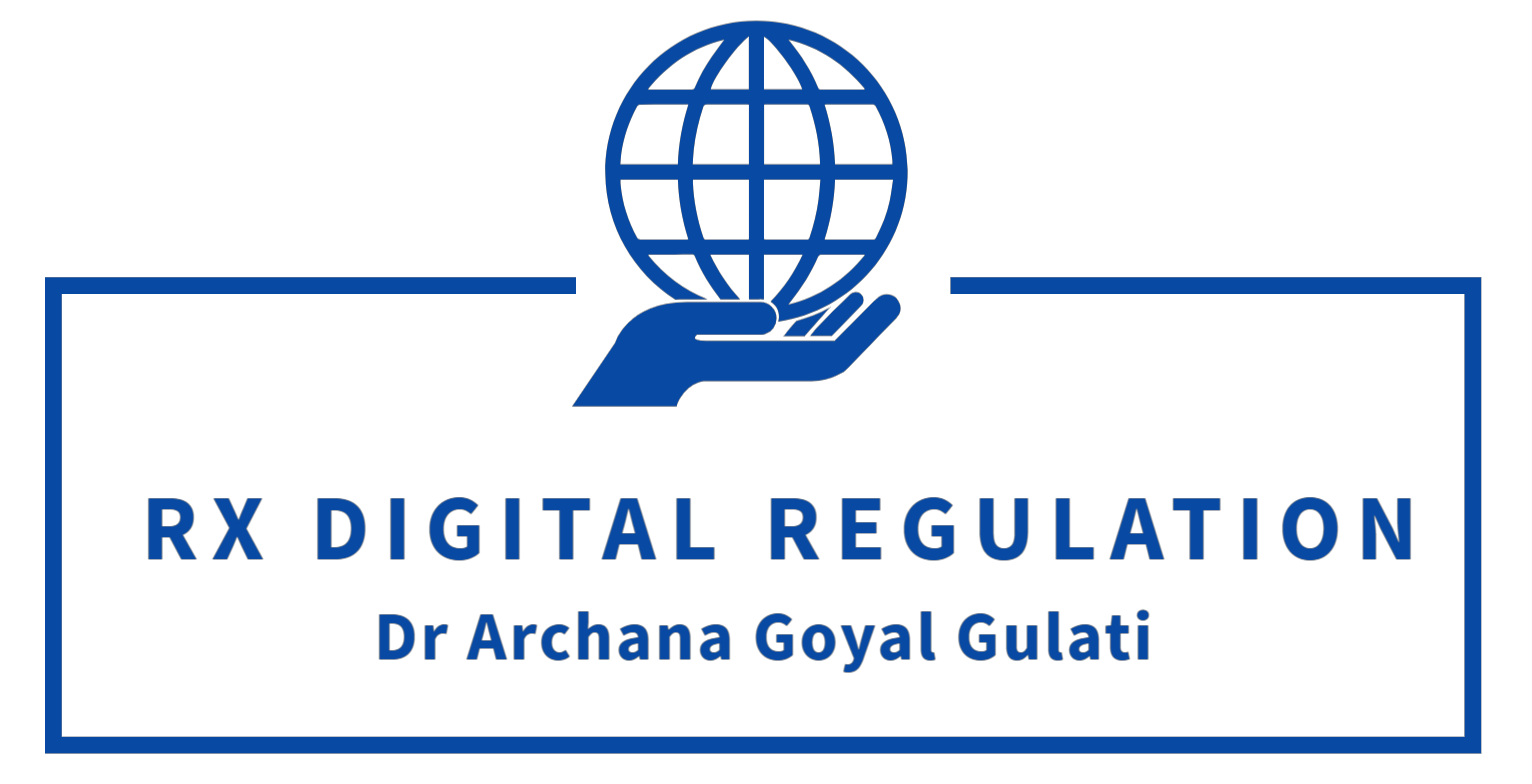Unsolicited Commercial Communications/ Nuisance calls: Are consumers more vulnerable in the era of COVID-19?

Details
Moderated ITU-D Study Groups public webinar, which addressed the issue of unwanted calls/texts, something that is common to many countries, although the form, causes, and actors involved may vary. The vast adoption of “do not disturb” lists indicates that it is a common strategy, usually accompanied by complementary ones, such as automatic blocking of numbers in the network core, specific numbering for telemarketing, consumer education actions, creation of conduct codes for the industry and even banning calls without express consumer consent.
By facilitating the exchange of experiences and information between countries and discussion in an international setting, it was hoped to create an enabling environment for cooperation and joint construction of solutions.
Study Group Question 6/1 addresses consumer protection within the context of the rapid evolution of technologies and the appearance in the market of ever more sophisticated technologies, equipment and new business models which benefit consumers.
OPENING REMARKS
- Mr Stephen Bereaux, Deputy Director, Telecommunication Development Bureau (BDT), International Telecommunication Union. [Biography]
MODERATOR:
- Dr. Archana G. Gulati, Vice-Rapporteur ITU-D Study Group 1 Question 6/1 “Consumer information, protection and rights: Laws, regulation, economic bases, consumer networks” and Joint Secretary, NITI Aayog, Government of India. [Biography]
SPEAKERS:
- Mr. Patrick Webre, Chief, Consumer and Governmental Affairs Bureau, Federal Communications Commission, USA [Biography]
- Mr. Leonardo Euler de Morais, President of the National Telecommunication Agency (ANATEL), Brazil.[Biography]
- Mr. John Omo, Secretary-General of the African Telecommunications Union (ATU). [Biography]
- Ms. Danielle Jacobs, CEO of Beltug, Board member INTUG and euro.digital. [Biography]
- Mr. P. Balaji, Chief Regulatory and Corporate Affairs Officer of Idea-Vodafone, India. [Biography]
CLOSING REMARKS:
- Ms Regina Fleur Assoumou Bessou, Chair, ITU-D Study Group 1

